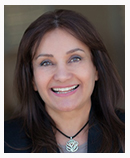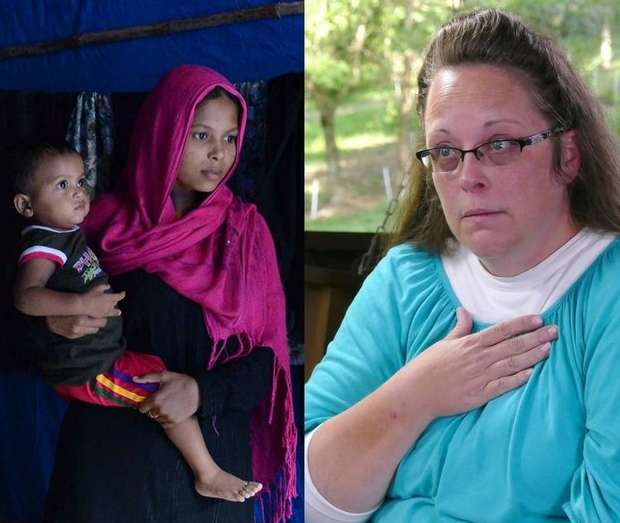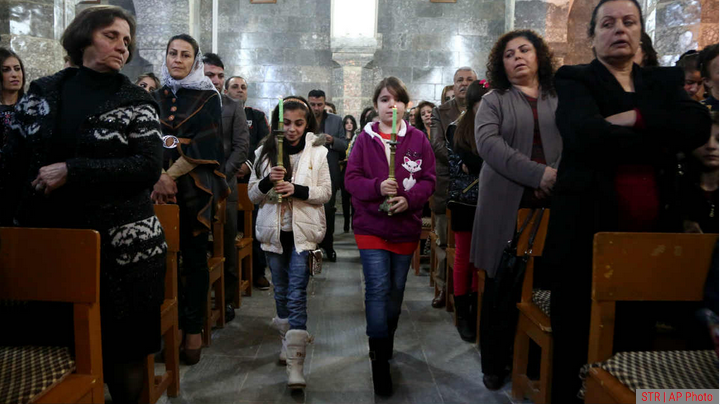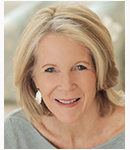Welcome to our Weekend Edition Show, today’s show is hosted by Debbie Georgatos and she is joined by guest co-host Lorie Medina. Also on the show today is author, Nonie Darwish, an Egyptian-American, former-Muslim human rights activist who is frustrated with mainstream America’s talk of tolerance and assimilation. She discusses the topic of her soon to be released book,Wholly Different: Islamic Values vs. Biblical Values.

Having a love of country and a passion for positive change in people’s lives, Lorie felt called to work in the national political arena, where she has had visible and lasting impact across our nation for the past 6 years. Lorie was an early tea party leader and is nationally-recognized for her grassroots efforts. She founded numerous tea parties, trained tea party leaders across the country, and became a sought-after speaker. Lorie recruited and advised elected officials from local school board to potential presidential candidates. She has raised money for conservative candidates and causes. Harper Collins published Lorie’s first book, “Community Organizing for Conservatives.” Lorie was named runner-up Texan of the Year 2010 by Dallas Morning News and honored to receive the Liberty Award given by conservative icon, Richard Viguerie.
Lorie is married with two daughters.

Born in Egypt, Darwish is the daughter of an Egyptian Army Lieutenant General, who, when assassinated by the Israeli army in 1956, was called a “shahid” by the Egyptian president Gamal Abdel Nasser, although Darwish blames “the Middle Eastern Islamic culture and the propaganda of hatred taught to children from birth” for the assassination. In 1978, she moved with her husband to the United States, and converted to Christianity there. After September 11, 2001 she has written on Islam-related topics.
Born in Cairo, Egypt, Darwish moved to Gaza in the 1950’s when her father, Lt. General Mustafa Hafez, was sent by Gamal Abdel Nasser to serve as commander of the Egyptian Army Intelligence in Gaza, which was under supervision of Egypt. Hafez founded the fedayeen who launched raids across Israel’s southern border, that between 1951 and 1956, killed some 400 Israelis. In July 1956 when Nonie was eight years old, her father became the first targeted assassination carried out by the Israeli Defense Forces in response the fedayeen’s attacks, making him a shahid. During his speech announcing the nationalization of the Suez Canal, Nasser vowed that all of Egypt would take revenge for Hafez’s death. Darwish claims that Nasser asked her and her siblings, “Which one of you will avenge your father’s death by killing Jews?”


About 74 percent of the world’s population lives in countries “with serious restrictions on religious freedom,” according to the US Ambassador-at-large for International Religious Freedom, David Saperstein. This includes countries where people can be severely punished for blasphemy or apostasy and where the government can demolish worship spaces.
Compare these grievous offenses against religious liberty to how the same term was used to defend Christian bakers who didn’t want to make a cake for a same-sex wedding, and it’s hard not to be incredulous about the way the words “religious liberty” is bandied about in America today.

In her editorial Tuesday, Carol Kuruvilla revisits the tired point that proponents of religious freedom in the United States really have nothing to complain about and are instead maliciously using the term as a “sword against minorities.”
Kuruvilla goes on to defend this point by highlighting a list of eight countries where the religious persecution against certain groups is magnitudes worse than anything seen in the United States

SB 1146 has undergone multiple significant revisions, which had previously included language that would have prohibited religious higher education institutions from requiring attendance at religious services, and would have given LGBT students and staff members a right to sue for monetary damages and then injunctions if they felt that religious institutions were acting in a discriminatory manner. Language requiring Title IX exempt institutions to report on student disciplinary actions was removed in the August 19, 2016 version of the bill.
The current version, as amended on August 19 and which passed the Assembly, requires institutions that have sought an exemption from federal Title IX non-discrimination provisions to disclose the fact that they have such a waiver through postings in prominent locations on campus and various printed materials.
The bill also requires that all higher education institutions must submit copies of any grant of an exemption to the state Student Aid Commission.
 Listen Online
Listen Online Watch Online
Watch Online Find a Station in Your Area
Find a Station in Your Area


 Watch Now
Watch Now Listen Now
Listen Now 






 Listen Now
Listen Now Watch Online
Watch Online
